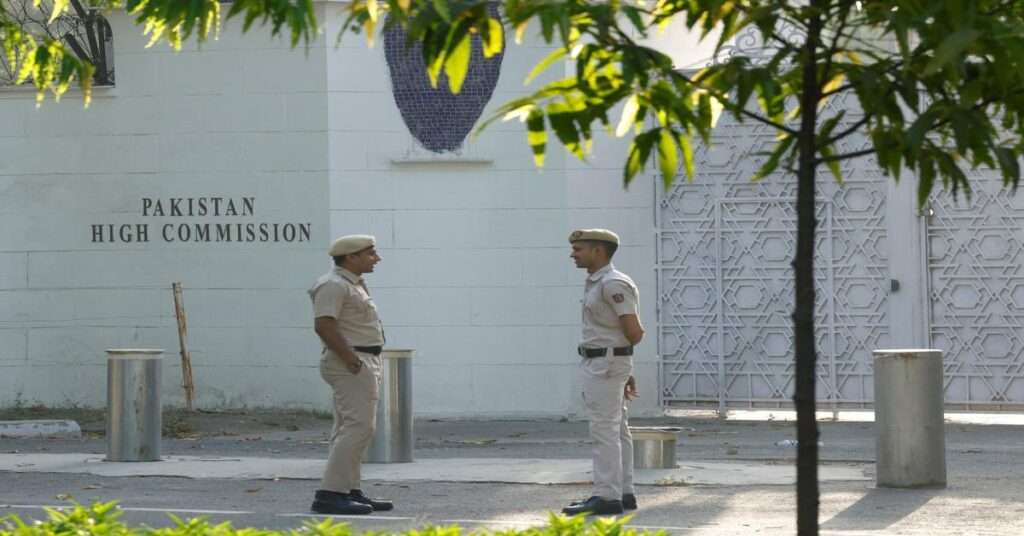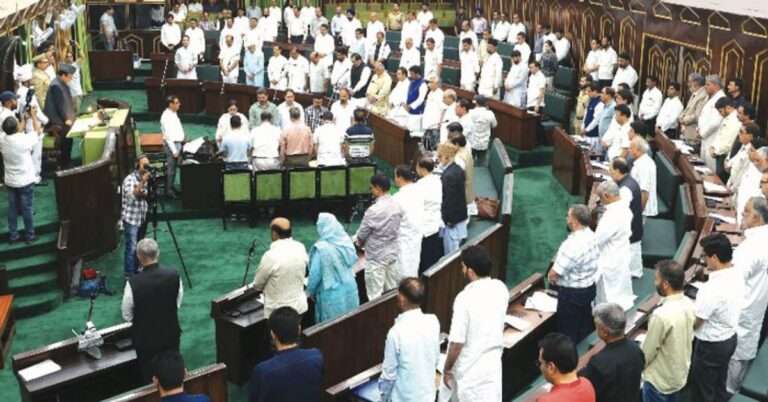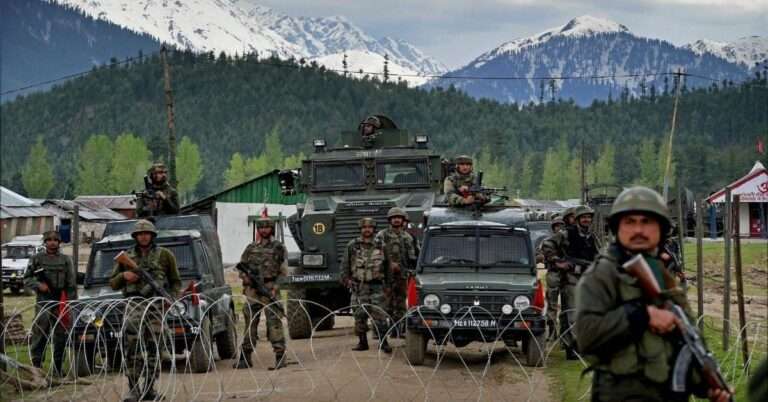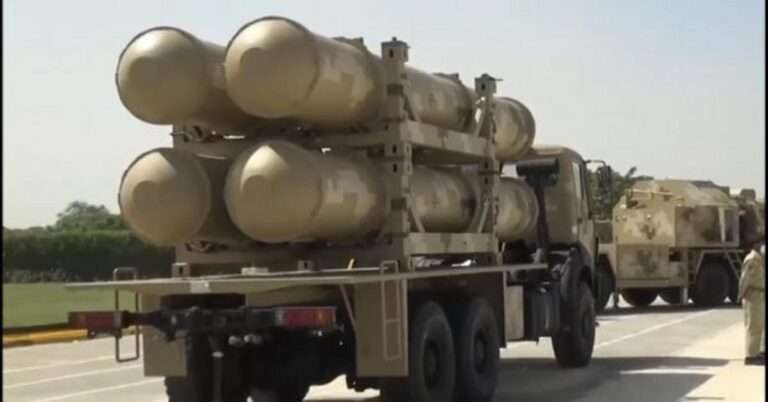
India's Threat to Freeze Indus Waters Treaty: Impact on Pakistan and Kashmir Conflict
Unpacking The Impact of India’s Potential Indus Waters Treaty Freeze on Pakistan and the Kashmir Conflict
Have you ever wondered how political decisions echo in the lives of everyday people? Well, let’s unravel this together by diving into a topic that may seem distant but affects millions — India’s possible freeze on the Indus Waters Treaty and its impact on Pakistan and the complex Kashmir conflict.
Breaking down the Indus Waters Treaty
First things first: what is the Indus Waters Treaty, you ask? It’s like a pact between two kids who agree to share their candy. This particular agreement, though, is far more critical as it divides the water from six rivers between India and Pakistan. Sealed in 1960, it has withstood the highs and lows of an often-complicated relationship.
Why is India Threatening a Freeze?
Imagine your sibling starts being unkind to you — naturally, you might think twice about sharing your toys or goodies with them. That’s somewhat the case with India and Pakistan. The growing tension sparked by several attacks in the disputed region of Kashmir has raised doubts about the durability of the treaty. So, is India’s threat a political weapon? A retaliation against the attacks? Or just a conversation starter to get their voices heard? Keep reading to find out.
The Potential Impact on Pakistan
What happens when you flick a switch and the light doesn’t come on? It throws a shadow across everything you were doing, right? This potential treaty freeze could have similar effects on Pakistan— throwing a shadow on their water security. Agriculture makes up a significant chunk of Pakistan’s economy, which heavily relies on the waters from the Indus river system. So, a cut in this water supply could hurt ordinary Pakistani farmers and, in extension, the economy. Just as we require air to breathe, the agricultural sector requires water to thrive – it’s that essential.
And What About the Kashmir Conflict?
Can you remember a time when you were caught in a tug-of-war? How tiring it was trying to hold steady? That’s a fairly accurate representation of the persistent Kashmir conflict. Dominated by two powerhouses — India and Pakistan, the disputed region of Kashmir is stuck in the middle, grappling with the strain.
The question then arises, how would the freeze in water treaty impact this 70-year-old conflict? It could potentially worsen the situation, increasing tensions and disputes, a storm cloud that seems to be ever-looming over Kashmir.
Can a Solution be Found?
Let’s not lose hope just yet. Remember that feeling when you managed to resolve a conflict; a sensation of relief washed over you, right? And can’t that be achieved here? The key to this lies on the sturdy bridge of dialogues, negotiations, and mutual understanding. After all, it’s only through conversation and compromise that we can begin to untangle these complex issues and work towards lasting peace.
- Acknowledging the importance of water for both nations is fundamental.
- Reinforcing the treaty’s importance and addressing issues in a multilateral forum can encourage dialogue and peace.
- Let’s remember that behind every political decision and negotiation, there are millions of ordinary people whose lives are directly impacted.
Wrapping Up
In a nutshell, the threat to freeze the Indus Waters treaty reflects more than just a means to control water; it signifies a surge of political tension, and more importantly, the need for dialogue and compromise. Whether experiencing this situation directly, or observing from afar, we can agree that the ripples created by decisions like this touch all shores. Remember that understanding these complex issues begins with a single step, or in this case, one article at a time.
So, what do you think? Can open dialogue and mutual understanding be the solution to these interwoven conflicts? Share your thoughts with us.




